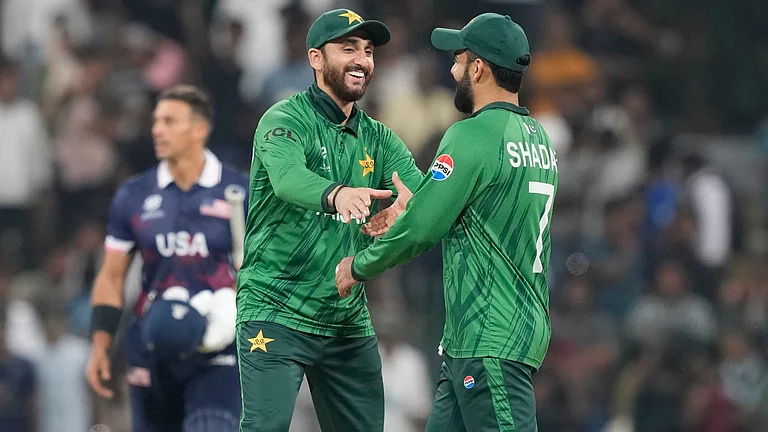External Affairs Minister S Jaishankar stated on Saturday that India is facing a "very complicated challenge" from China, and the government led by Prime Minister Narendra Modi has implemented measures to prevent unilateral changes to the status quo in the border regions. Speaking at Anant National University on "Modi's India: A Rising Power," Jaishankar emphasized the need for equilibrium in the relationship between the two nations, but not at the expense of India's interests.
Jaishankar highlighted the visibility of this challenge over the past three years, particularly referring to China's incursions in eastern Ladakh. He acknowledged that appropriate responses have been undertaken by the government to safeguard the border areas' status quo. While previous governments attempted to find a balance, Jaishankar stressed that this balance should not favor one party over the other. Instead, he advocated for mutual respect, sensitivity, and recognition as the foundation for a healthier India-China relationship.
The minister also discussed India's efforts to strengthen its ties with neighboring countries. Jaishankar highlighted the connectivity established with nations like Bangladesh, Nepal, and Bhutan through road, railway, waterway, and electricity grid connections. He emphasized India's proactive approach in assisting Sri Lanka during its deep economic crisis, surpassing the support provided by the International Monetary Fund.
Additionally, Jaishankar addressed India's engagement in the Indo-Pacific region, considering the strategic developments and the rise of China. He mentioned collaborations within the Quad countries, encompassing maritime cooperation, infrastructure connectivity, 5G technology, and vaccine distribution. India is also engaging with countries in the West, including Israel, the United States, and the United Arab Emirates.
Concluding his remarks, Jaishankar highlighted India's aspirations to build a global footprint that extends beyond the current term under Prime Minister Modi. He recognized the significance of India's rise as a global power, noting the comparable rise of China.


























